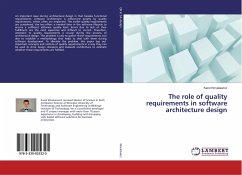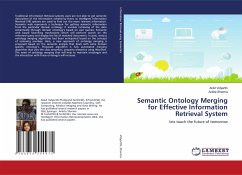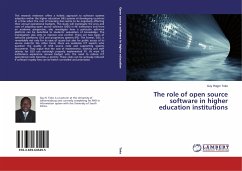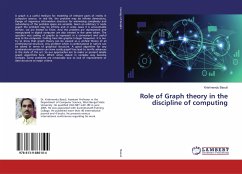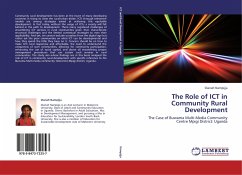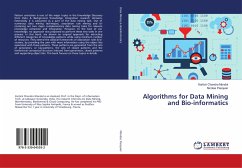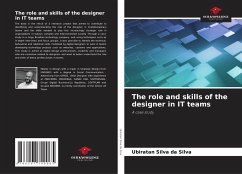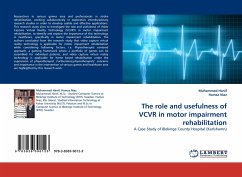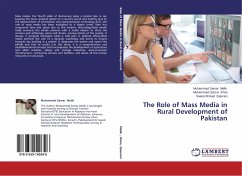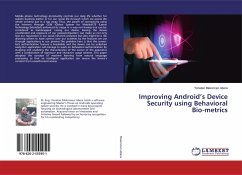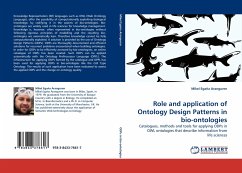
Role and application of Ontology Design Patterns in bio-ontologies
Catalogues, methods and tools for applying ODPs in OWL ontologies that describe information from life sciences
Versandkostenfrei!
Versandfertig in 6-10 Tagen
45,99 €
inkl. MwSt.

PAYBACK Punkte
23 °P sammeln!
Knowledge Representation (KR) languages such as OWL (Web Ontology Language), offer the possibility of computationally exploiting biological knowledge, by codifying it in the axioms of bio-ontologies. Bio-ontologies are widely used in life sciences for knowledge management. Knowledge is, however, often represented in bio-ontologies without following rigorous principles of modelling and the resulting bio-ontologies are axiomatically lean. Therefore knowledge cannot be fully computationally exploited. A solution is provided by the use of Ontology Design Patterns (ODPs). ODPs are thoroughly docume...
Knowledge Representation (KR) languages such as OWL (Web Ontology Language), offer the possibility of computationally exploiting biological knowledge, by codifying it in the axioms of bio-ontologies. Bio-ontologies are widely used in life sciences for knowledge management. Knowledge is, however, often represented in bio-ontologies without following rigorous principles of modelling and the resulting bio-ontologies are axiomatically lean. Therefore knowledge cannot be fully computationally exploited. A solution is provided by the use of Ontology Design Patterns (ODPs). ODPs are thoroughly documented and efficient solutions for recurrent problems encountered when building ontologies. In order for ODPs to be efficiently accessed by bio-ontologists, an online catalogue of ODPs has been created. Such ODPs can be applied automatically with the Ontology PreProcessor Language (OPPL). The infrastructure for applying ODPs formed by the catalogue and OPPL has been used for applying ODPs in bio-ontologies like the Cell Type Ontology. The results of such application have been evaluated to assess the applied ODPs and the change on ontology quality.



